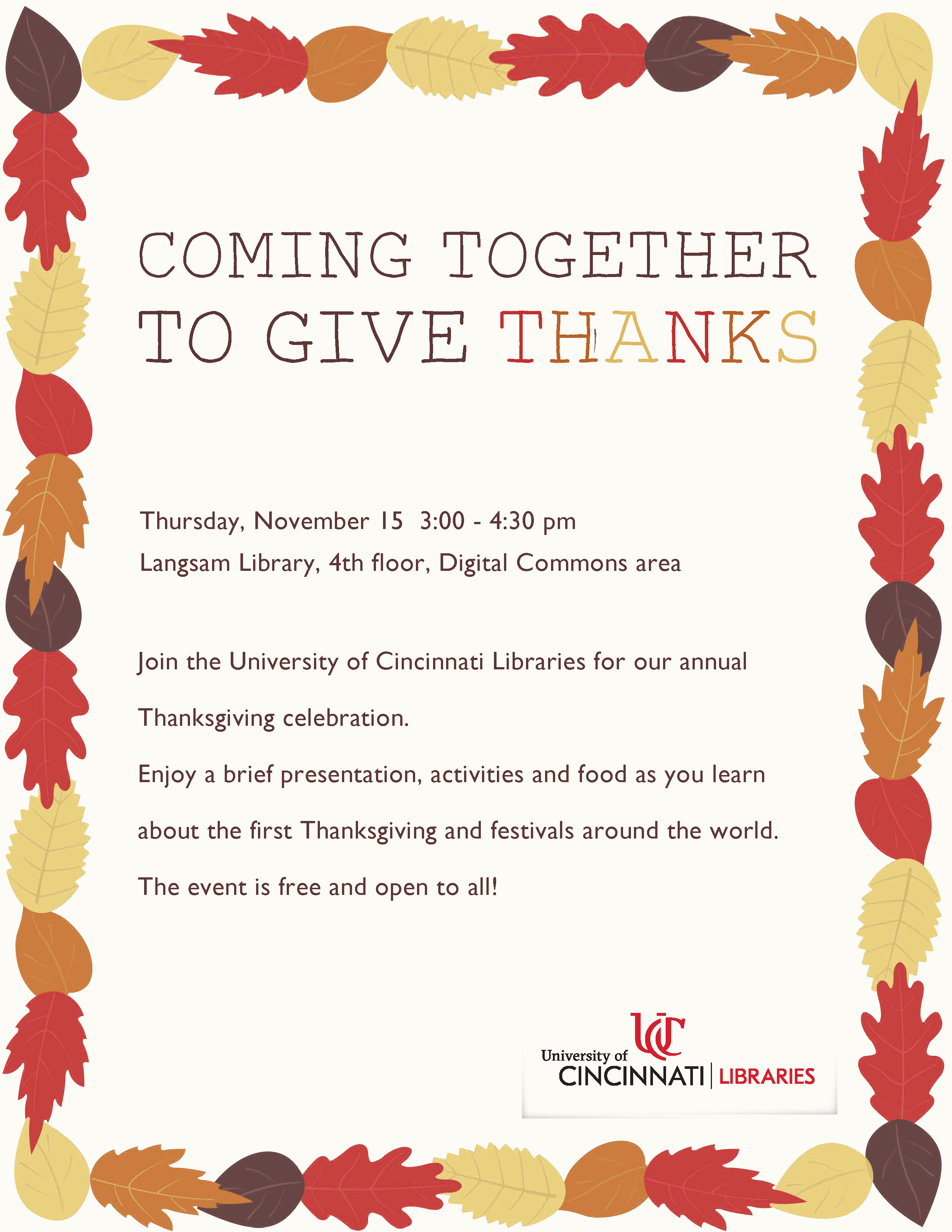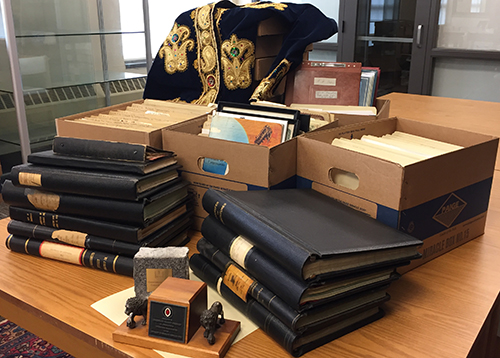 Please join the Data and Computational Science Series (DCSS) team for a (free!) ‘Understanding Science Gateways’ presentation & lunch with Dr. Sandra Gesing, Computational Scientist, University of Notre Dame.
Please join the Data and Computational Science Series (DCSS) team for a (free!) ‘Understanding Science Gateways’ presentation & lunch with Dr. Sandra Gesing, Computational Scientist, University of Notre Dame.
Science Gateways and the Science Gateways Community Institute (SGCI) with Dr. Sandra Gesing
Tuesday October 30 – TUC 400B FREE REGISTRATION
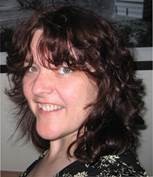

Science Gateways – also called virtual research environments or virtual labs – allow science and engineering communities to access shared data, software, computing services, instruments and other resources specific to their disciplines and use them also in teaching environments. The U.S. Science Gateways Community Institute (SGCI) provides free resources, services, experts, and ideas for creating and sustaining science gateways.
11am-1pm: General Introduction to Science Gateways & the Science Gateways Community Institute (SGCI) – Lunch provided
1pm-3pm: Science Gateways Presentation On Usability With Hands-On Portion – please bring a laptop
These events are free and open to all.
FREE REGISTRATION
Flyer – DCS2 _Intro to Science Gateways_30oct18
Flyer – DCS2 _Science Gateways Usability presentation_30oct18
General Introduction to Science Gateways & the Science Gateways Community Institute (SGCI)
In the last decade mature complete science gateway frameworks have evolved such as HUBzero, Galaxy, Agave and Apache Airavata. Successful implementations have been adapted for several science gateways, for example, the technologies behind the science gateways CIPRES, which is used by over 25.000 users to date and serves the community in the area of large phylogenetic trees. Lessons learned from the last decade include that approaches should be technology agnostic, use standard web technologies or deliver a complete solution. Independent of the technology, the major driver for science gateways are the user communities and user engagement is key for successful science gateways. The US Science Gateways Community Institute (SGCI), opened in August 2016, provides free resources, services, experts, and ideas for creating and sustaining science gateways. It offers five areas of services to the science gateway developer and user communities: the Incubator, Extended Developer Support, the Scientific Software Collaborative, Community Engagement and Exchange, and Workforce Development. The talk will give an introduction to science gateways, examples for science gateways & an overview on the services offered by the SGCI to serve user communities & developers for creating successful science gateways.
Discover UCIT Research Computing Tools and Services
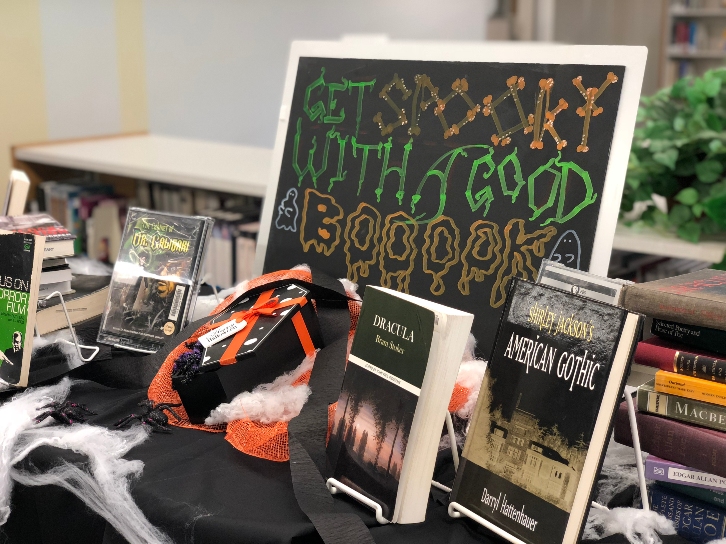

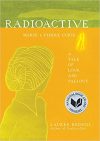




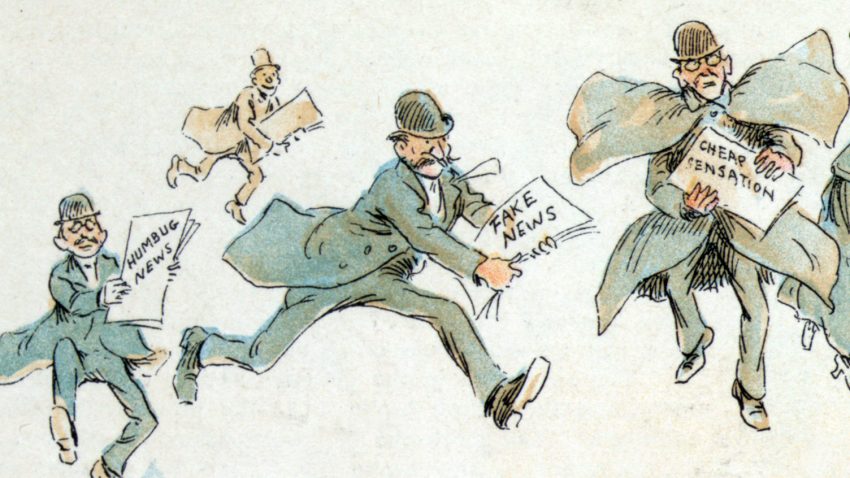 Use the suggestions below to get to the truth.
Use the suggestions below to get to the truth.